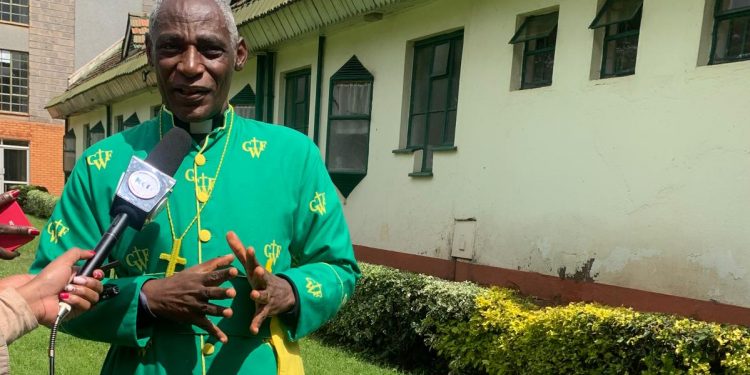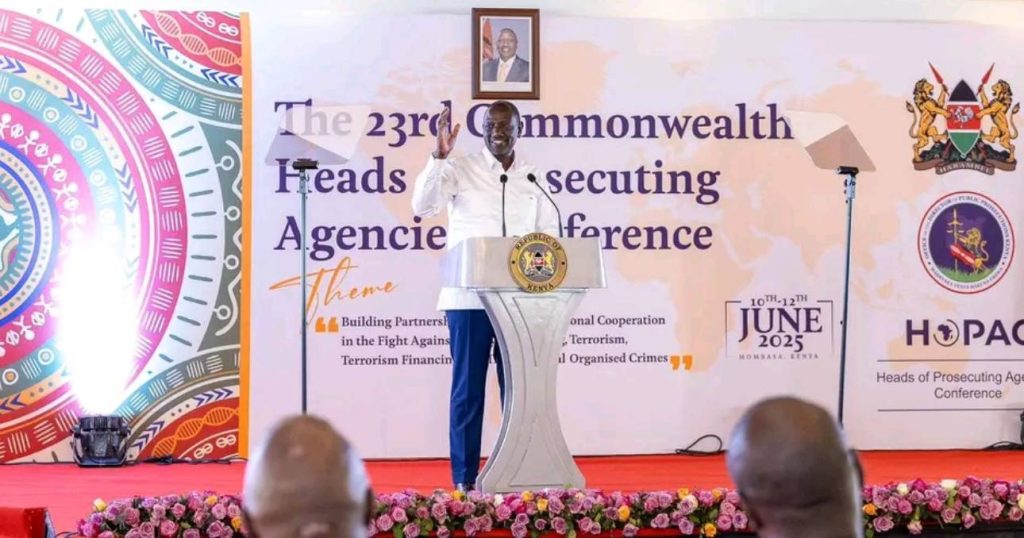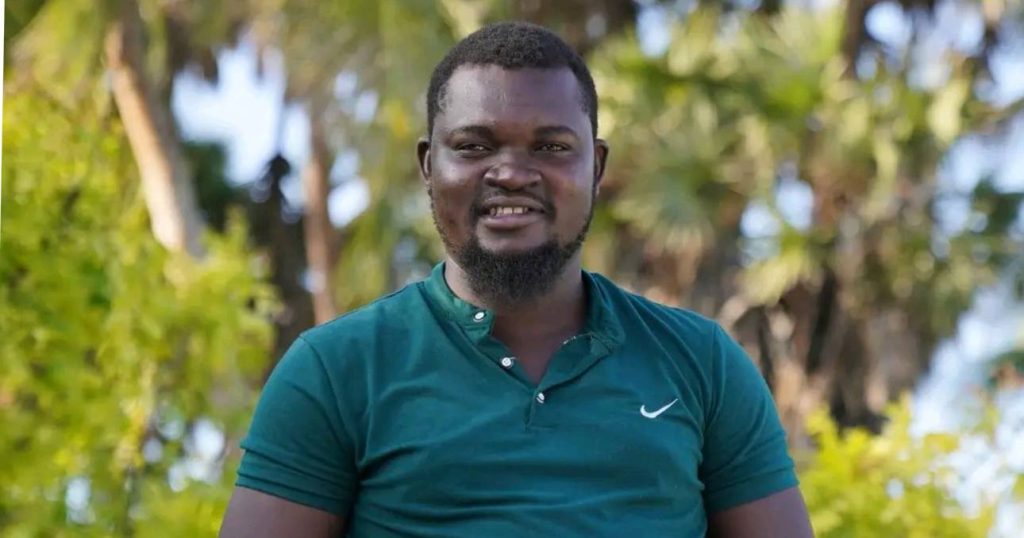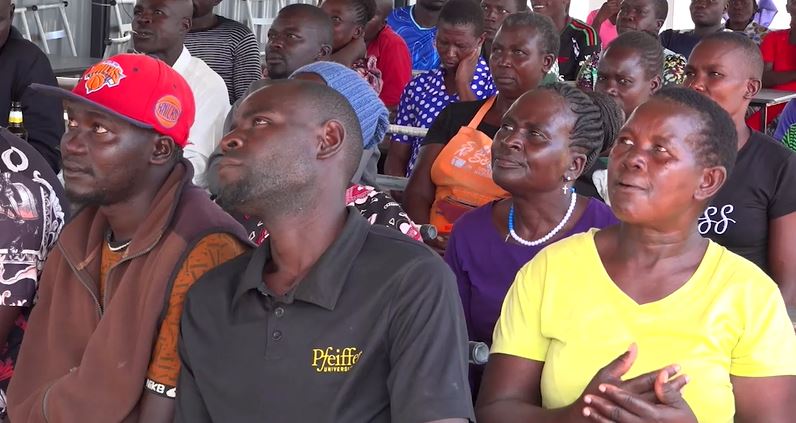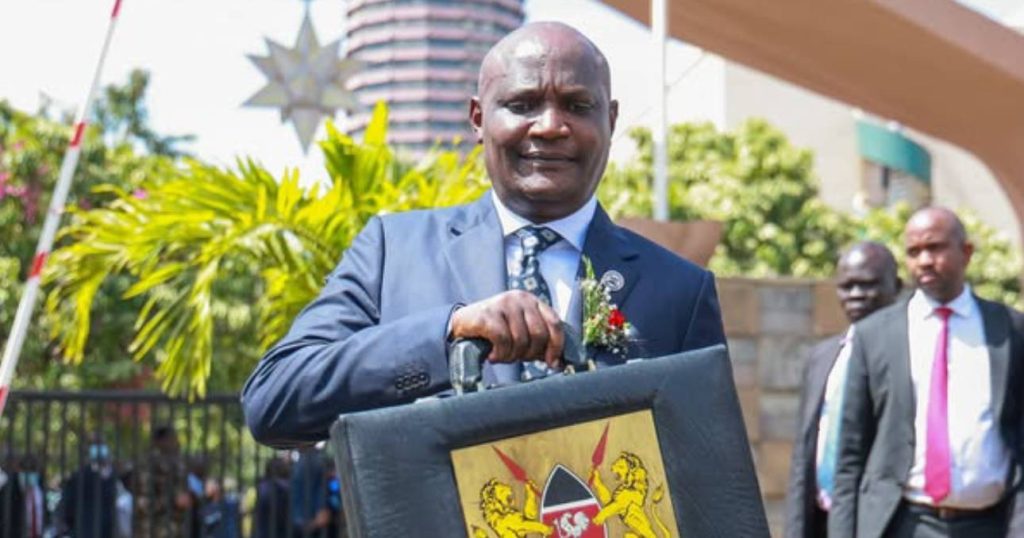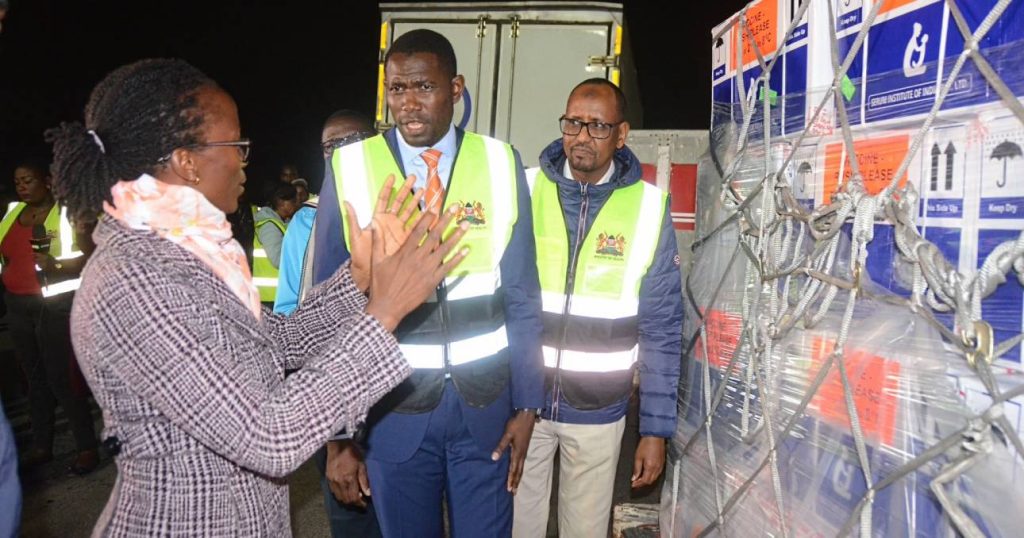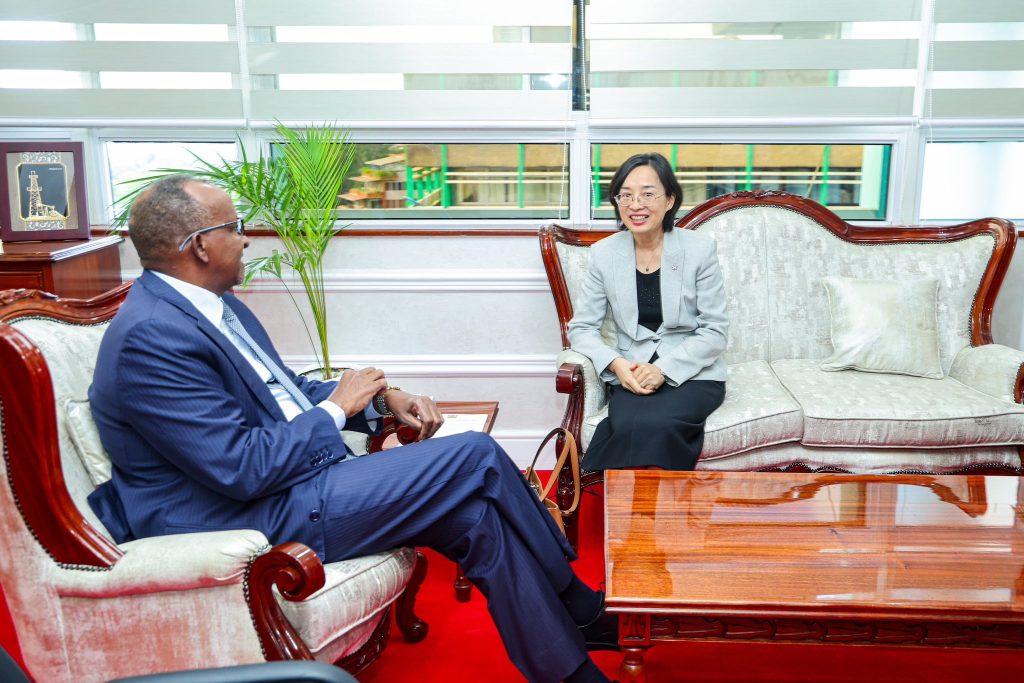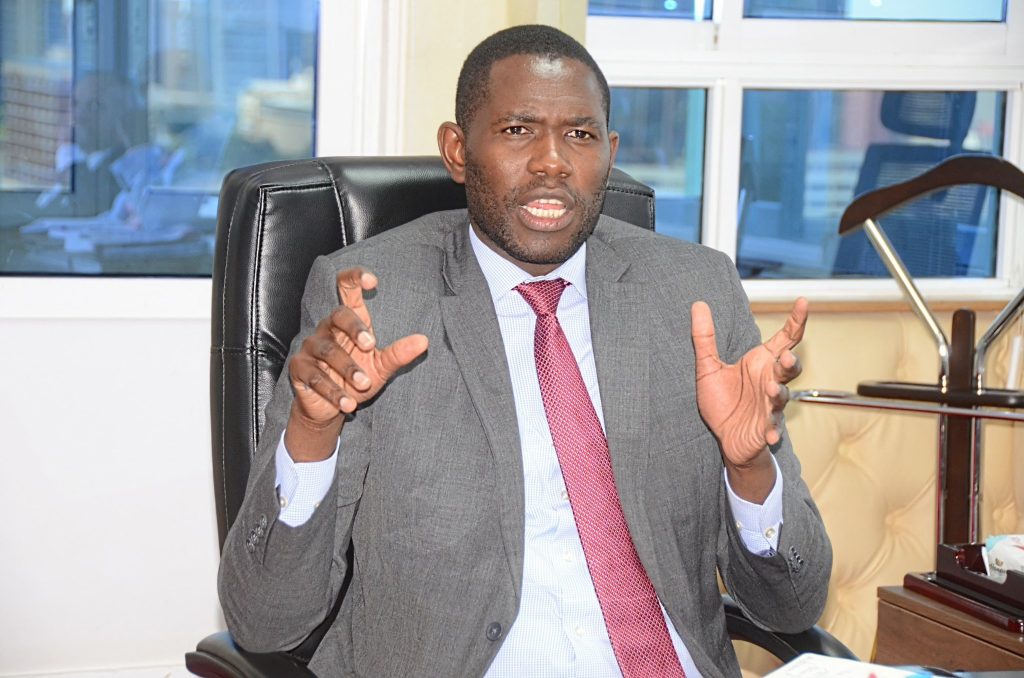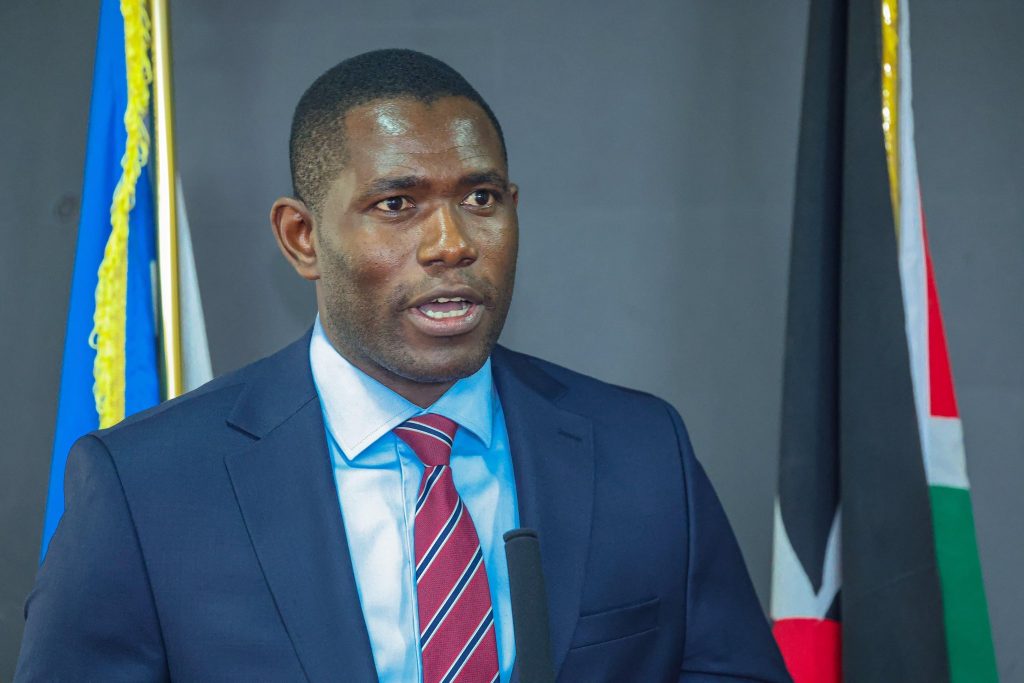In 1992, Canon Gideon Byamugisha broke new ground as the first African religious leader to openly share his HIV-positive status. Since then, he has tirelessly championed a message of love, empathy, and compassion, especially for people living with HIV.
Addressing a recent gathering hosted by the National Empowerment Network of People Living with HIV and AIDS in Kenya (NEPHAK) in Nairobi, Fr Byamugisha described caring for those affected by HIV, malaria, and TB as both a moral obligation and an economic investment.
“When we invest in the health of our communities, we strengthen the stability, prosperity, and social fabric of our nations,” he emphasized.
UNAIDS reported 1.3 million new HIV infections and 630,000 AIDS-related deaths in 2023 alone. Fr Byamugisha warned that stigma remains a major barrier to the HIV response across the continent.
“Stigma stops people from even getting tested,” he said. “In Uganda, we estimate that around 200,000 people are living with HIV but don’t know it. Without knowing their status, they can’t start treatment or take preventive measures.”
As part of his advocacy, Fr Byamugisha co-founded the African Network of Religious Leaders Living with and Personally Affected by HIV and AIDS (ANERELA+). Today, the organization has grown to include over 42,000 faith leaders working in communities to counter HIV-related stigma and misinformation.
He urged governments, communities, and international partners to extend deeper compassion, especially in regions hardest hit by HIV, TB, and malaria Eastern, Central, and Southern Africa.
“The challenge is that love and support are not distributed evenly,” he noted. “Those who face the most stigma, shame, or engage in high-risk behaviors often receive the least empathy.”
Fr Byamugisha believes faith leaders are uniquely positioned to tackle stigma, particularly in Africa. In Kenya, for instance, more than 90% of people identify with a faith tradition, according to a 2022 Pew Research Center study.
The NEPHAK meeting, which drew interfaith leaders from across sub-Saharan Africa and beyond, also sounded the alarm on the urgent need to renew financial support for the Global Fund to Fight AIDS, TB, and Malaria.
Nelson Otwoma, Executive Director at NEPHAK, underscored the Global Fund’s vital role in Kenya’s efforts to combat these three diseases.
“The Global Fund has been central to our progress,” he said. “It’s not just about fast or fair resource distribution; it’s about transparency. The Global Fund is one of the most transparent global organizations.”
Otwoma encouraged anyone curious about the Fund’s impact to visit its website, which details exactly how much money it has contributed to Kenya.
The Global Fund has set ambitious goals: saving 23 million lives and preventing 400 million new infections by 2029, reducing the annual death toll from 2.3 million in 2023 to 920,000. However, these efforts face real threats as donor fatigue and shrinking resources put future progress at risk.
In a joint statement, the religious leaders issued a heartfelt plea. “We urgently call on governments, donor nations, and the private sector to honor their moral responsibility to care for the vulnerable. Let us sustain life and hope for our communities by stepping up support for the Global Fund and ensuring a successful replenishment.”



